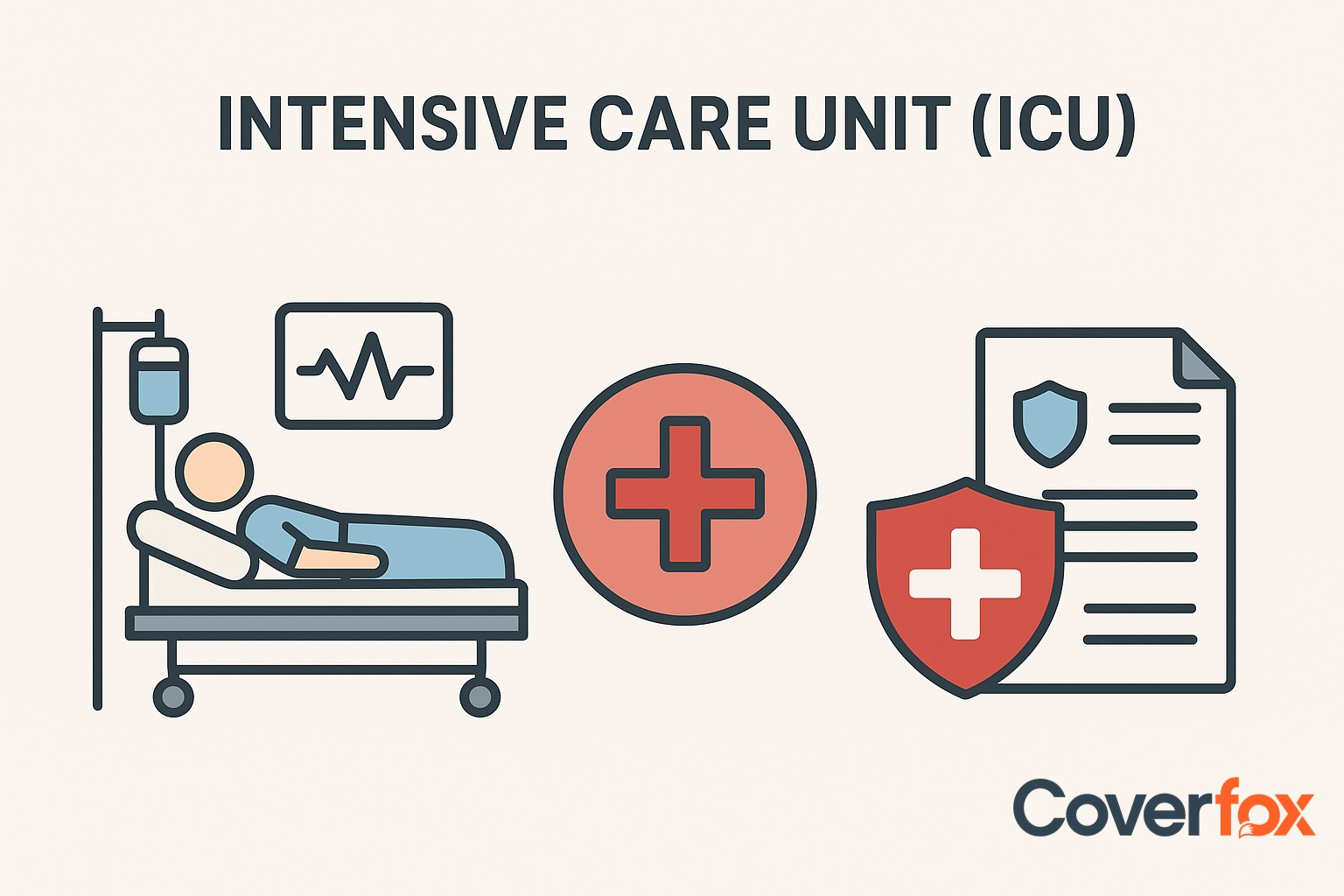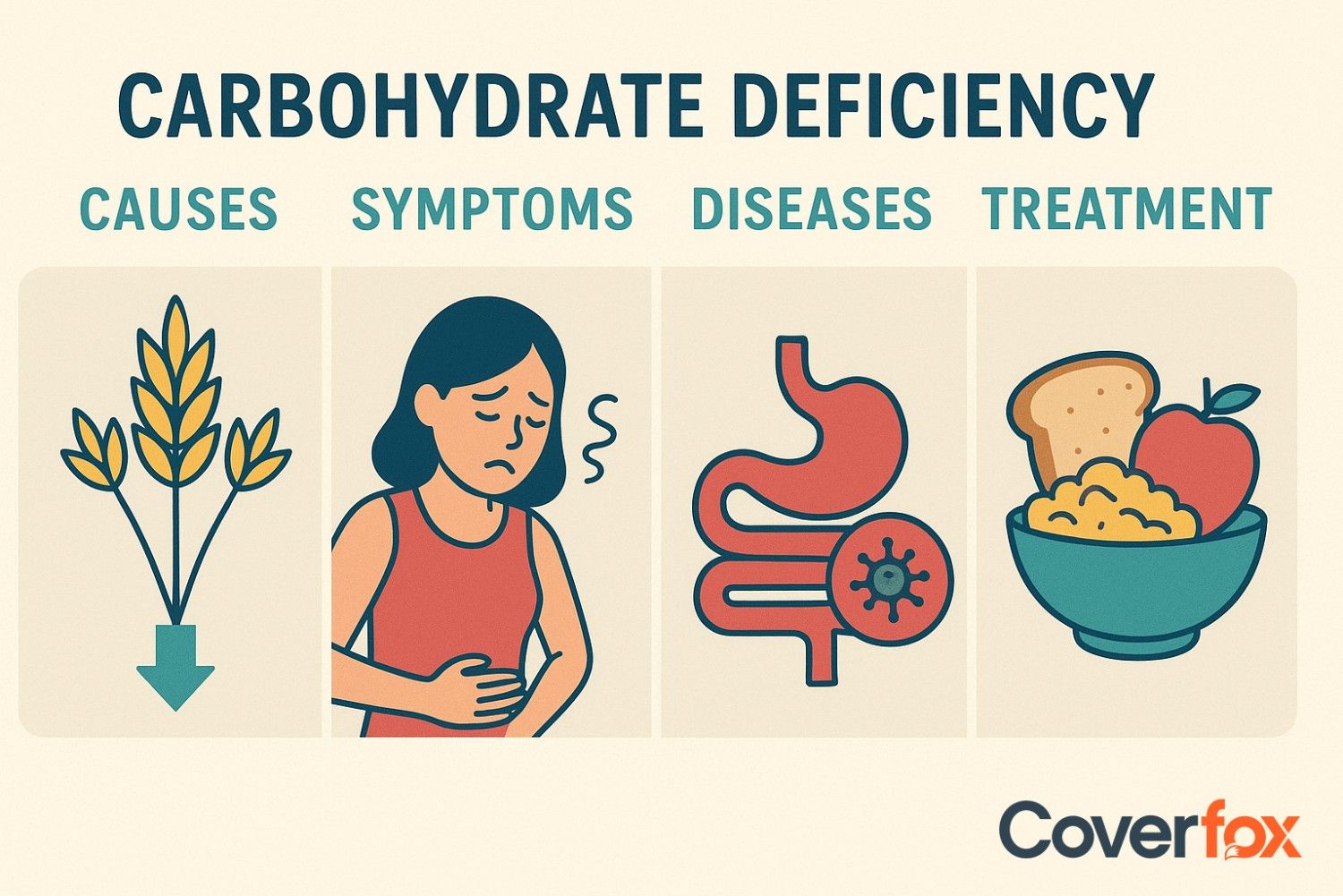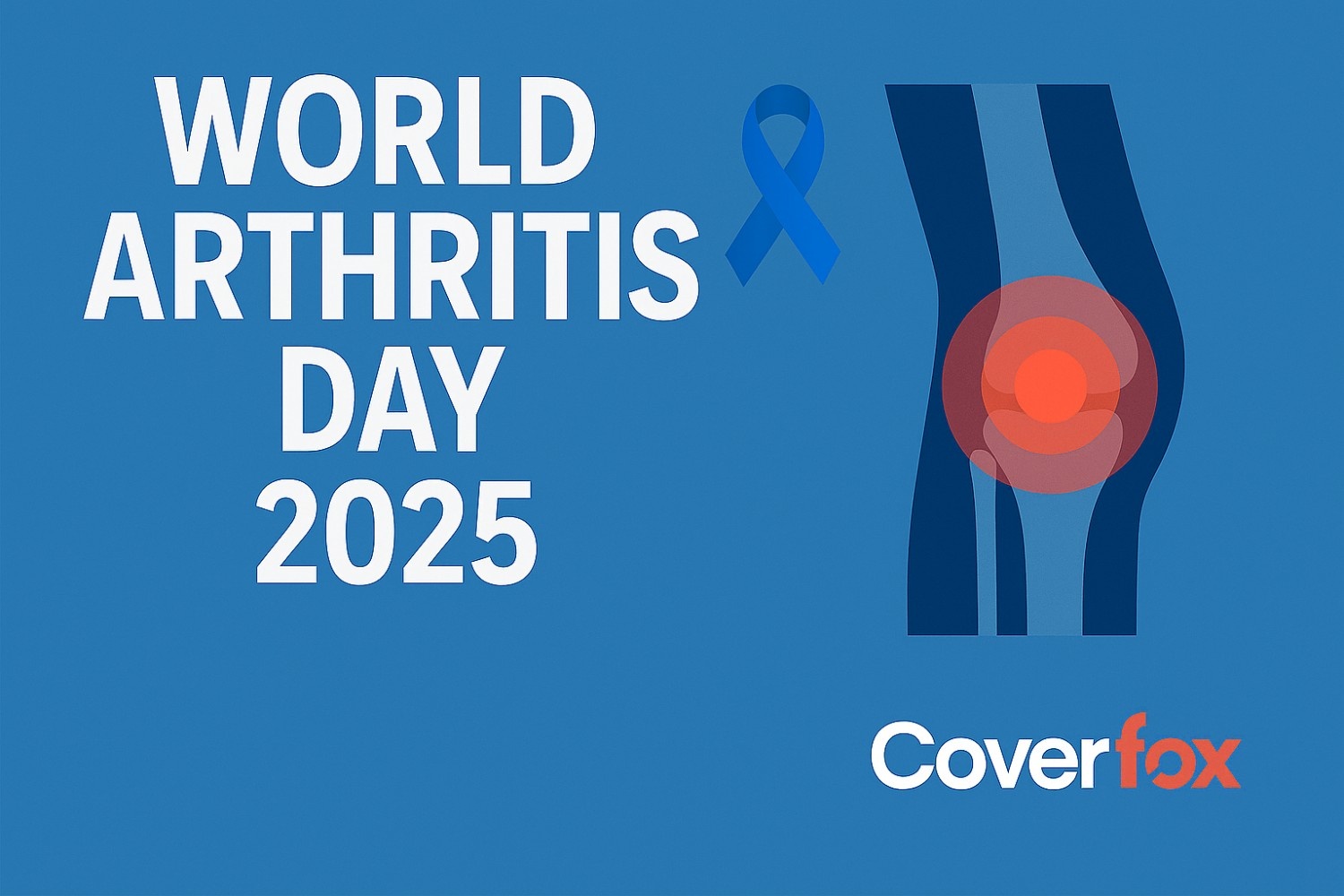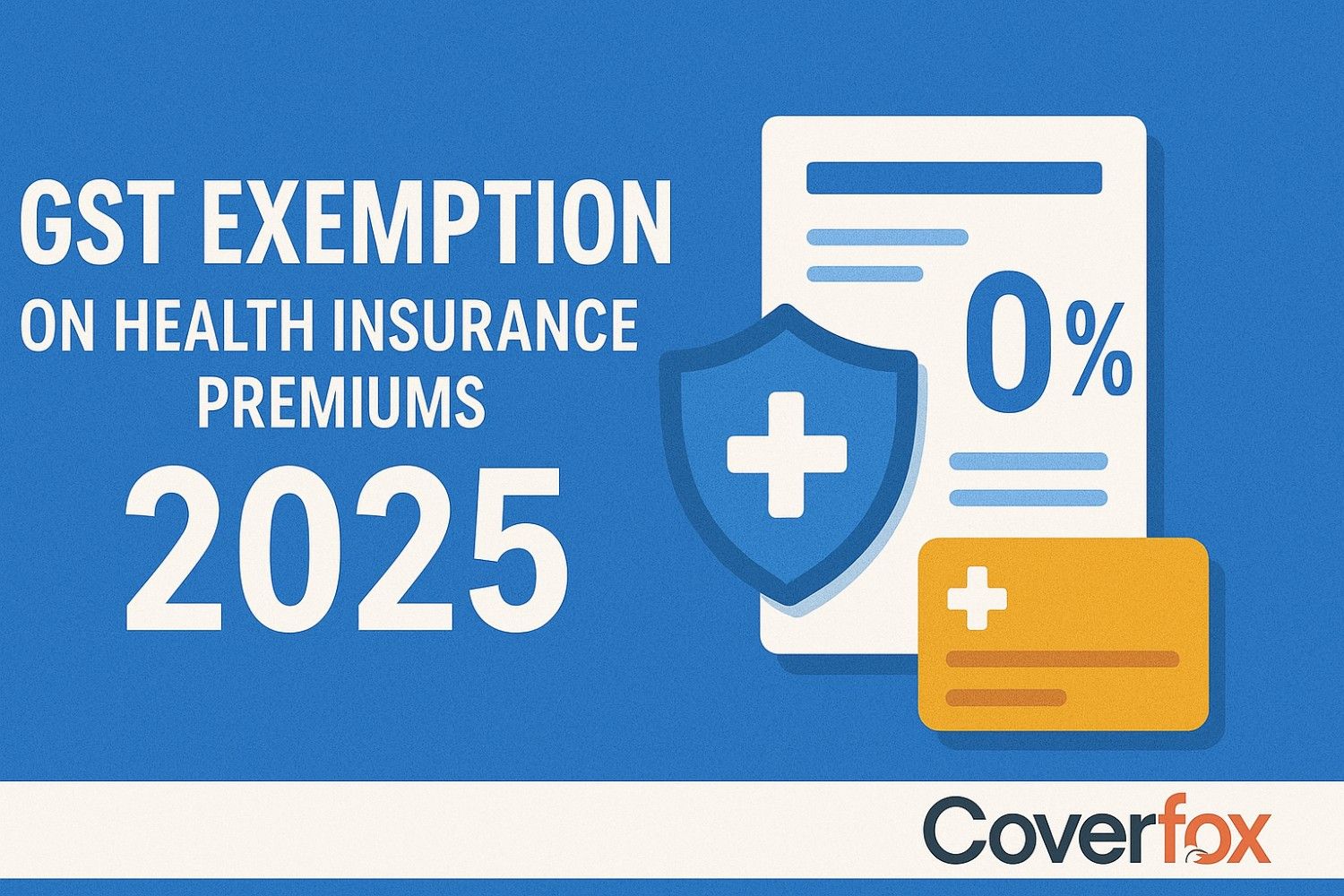In the realm of healthcare, navigating the different treatment options can be a daunting task. Two terms often heard are 'Day Care Treatments' and 'Outpatient Department (OPD) services,' but what sets them apart? While they both serve as alternatives to inpatient hospitalisation, their scope, procedure and even costs significantly differ.

Unraveling this puzzle can illuminate the healthcare pathway, ensuring individuals choose the care that best suits their needs. Let's dive into the nuanced world of daycare treatments and OPD services to understand their differences and their unique roles in modern healthcare.
What is Day Care Treatment?
Day Care Treatment refers to medical procedures or surgeries that do not require the patient to stay in the hospital for more than 24 hours, mainly due to advancements in medical technology. This type of treatment is becoming increasingly popular due to its convenience and cost-effectiveness. Here are the key points:
1). It includes procedures that are completed within 24 hours, allowing patients to recover at home.
2). Advanced technology enables minor surgeries and treatments without lengthy hospital stays.
3). It covers a wide range of treatments, including but not limited to, dialysis, chemotherapy, and cataract surgery.
4). It is cost-effective, reducing hospitalisation expenses for patients.
5). Insurance policies often cover daycare treatments, recognising their importance in modern healthcare.
6). Suitable for patients who require specific treatments but not extended hospitalisation, enhancing comfort and convenience.
What is Covered Under Day-Care Treatments?
Day-care treatments are medical procedures or surgeries that don't require 24-hour hospitalisation due to the advancement in medical science. They can often be completed within a few hours. Coverage for day-care treatments varies by health insurance policy, but typically includes the following:
| Type of Treatment | Examples |
|---|---|
| Cataract surgery, LASIK | |
| Tympanoplasty, Nasal sinus aspiration | |
| Tooth extractions, Dental surgeries under anesthesia | |
| Removal of moles, Wart removal | |
| (kidney stone removal) Lithotripsy | |
| Endoscopic procedures, Colonoscopies | |
| Arthroscopy, Joint injections |
What is OPD Treatment?
OPD Treatment refers to Outpatient Department treatment, where patients receive medical care without being admitted to the hospital.
OPD Treatment is provided to patients who do not require an overnight hospital stay; consultations, minor procedures, and follow-up visits typically occur here.
Since there is no need for hospital admission, OPD Treatment often costs less.
Many OPDs offer preventive health services including vaccinations, health screenings, and wellness advice to manage or prevent chronic diseases.
OPD facilities usually provide immediate medical attention for non-emergency conditions.
OPD services encompass a wide range of healthcare aspects, from general consultations to specialised treatments.
What is Covered Under OPD Treatments?
OPD treatments refer to outpatient department services where patients receive medical attention without being admitted to the hospital.
Here's a brief table of common inclusions under OPD treatments:
| Type of Treatment | Examples of Services Covered |
|---|---|
| Visits to doctors or specialists for diagnosis or follow-up. | |
| Laboratory tests, X-rays, MRI, ultrasound, etc. | |
| Small surgical procedures do not require a hospital stay, like dressing minor wounds, and removal of stitches. | |
| Prescribed drugs and medicines. | |
| Immunisation shots against specific diseases. | |
| Treatment and exercises to restore movement and function. | |
| Basic dental check-ups, cleanings, and simple procedures. |
Know the Difference between Day Care and OPD Treatments
Listed below are the differences between daycare and OPD treatments.
| Criteria | Day Care Treatments | OPD Treatments |
|---|---|---|
| Daycare treatments refer to medical procedures or surgeries that require a short hospital stay of less than 24 hours, often because of the advancement in medical technology. | Outpatient Department (OPD) treatments involve medical consultations and treatments where the patient does not require hospitalisation and can return home the same day, typically lasting a few minutes to a few hours. | |
| Requires a stay at the hospital but less than 24 hours. | No hospital stay is required; patients leave immediately after the treatment or consultation. | |
| Minor surgeries, chemotherapy sessions, dialysis, and advanced diagnostics. | Doctor consultations, routine check-ups, minor treatments, and diagnostic tests. | Most health insurance policies cover daycare treatments due to the need for hospital facilities and advanced care. | OPD treatments are often not covered under basic health insurance plans, although some insurers offer OPD coverage as an additional benefit. |
| is generally higher than OPD treatments due to the use of hospital facilities and the complexity of procedures. | Relatively lower than daycare treatments, as they involve less complex procedures without the need for extended hospital resources. |
Claim Settlement for Day Care and OPD treatments
Daycare and Outpatient Department (OPD) treatments are increasingly common due to advances in medical technology and the preference for less invasive procedures. Here's a brief guide to claim settlement for these types of treatments:
Understanding Coverage
Before proceeding with claim settlement for daycare and Outpatient Department (OPD) treatments, ensure that your health insurance policy covers these specific services. Not all policies provide comprehensive coverage for OPD consultations or daycare procedures (which do not require 24-hour hospitalisation).
Collecting Documentation
- For successful claim processing, gather all necessary documents such as:
- Detailed medical bills and receipts
- Doctor’s prescriptions indicating the necessity of the treatment or medication
- Diagnostic reports (if applicable)
- Any other relevant medical documentation that supports your claim
Filling the Claim Form
Fill in the claim form provided by your insurance provider with accurate details of the treatment, costs incurred, and any other requested information. Ensure the form is signed by the treating doctor if required.
Submission of Claim
Submit the completed claim form along with all supporting documents to your insurance provider within the time frame specified in your policy document. Some insurers also allow online submissions for faster processing.
Claim Processing
Once submitted, the insurance company will assess your claim, which may include verification of documents or a query resolution process. Ensure to respond promptly to any queries from your insurer.
Claim Settlement
Upon successful verification, the insurer will settle your claim as per the terms and conditions of your health insurance policy. Settlement can either be through direct payment to the hospital (cashless facility) or reimbursement of expenses incurred, for which the time frame should be specified in your policy document.
Keep Records
It is advisable to keep copies of all documents and correspondence related to your claim settlement process for future reference or in case of any discrepancies.
Thus, daycare and OPD treatments represent a critical evolution in healthcare delivery, significantly enhancing patient convenience and healthcare efficiency.
Recommended Link: OPD Expense Coverage In Health Insurance Policy






